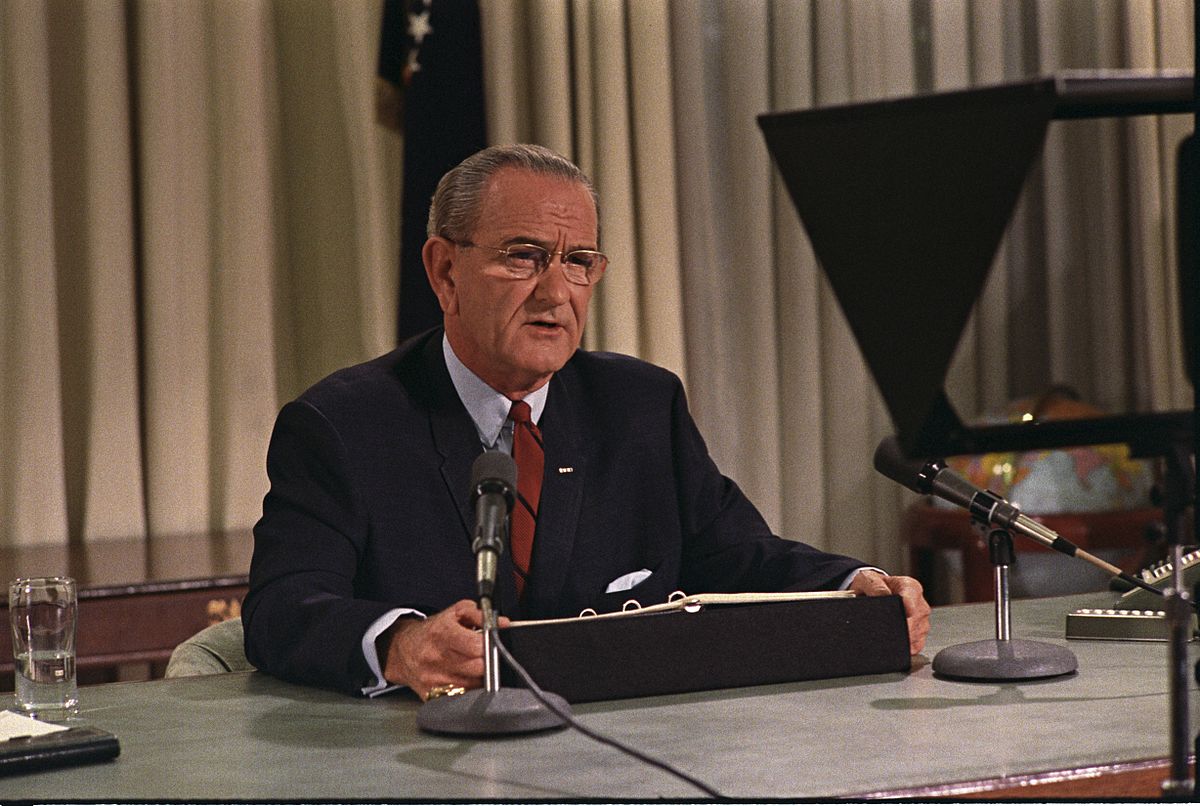When President Lyndon B. Johnson unveiled the plans for his Great Society initiative at the University of Michigan in 1964, he promised to usher the United States into “a new age.” Through government programs jump-started by the Great Society, the country would amass wealth and power for all, wholly eradicating poverty and even enabling “all nations to live in enduring peace.” Johnson promised a materialist utopia.
In her new book “Great Society: A New History,” author Amity Shlaes examines the results of Johnson’s programs. According to Samuel Gregg at Public Discourse, Shlaes proves that “Johnson’s dream became a nightmare.”
[P]erhaps the most depressing sections of Shlaes’s book concern the inept reactions of American politicians and policy-experts to mounting indications of the Great Society’s failures in the 1970s. For the most part, they didn’t seek to address the deeper economic malaises at work, let alone question the thinking that facilitated these problems. Instead, they punted. A good example was President Nixon’s decision—supported by most of his ostensibly free-market economic advisors—to abandon the link between gold and the U.S. dollar on August 15, 1971, in order to “fix” the problem of foreign governments’ exchanging dollars for gold.
It’s a perennial temptation to believe that economic and societal grievances can be best addressed by “experts” placed in positions of power. “We can only hope that it will cause those who are willing to absorb history’s lessons to hesitate, before they repeat, yet again, the mistakes of the past,” Gregg concludes.
Read the full book review, “How the Dream of the Great Society Became a Nightmare.”
Image: Yoichi Okamoto [Public domain]
